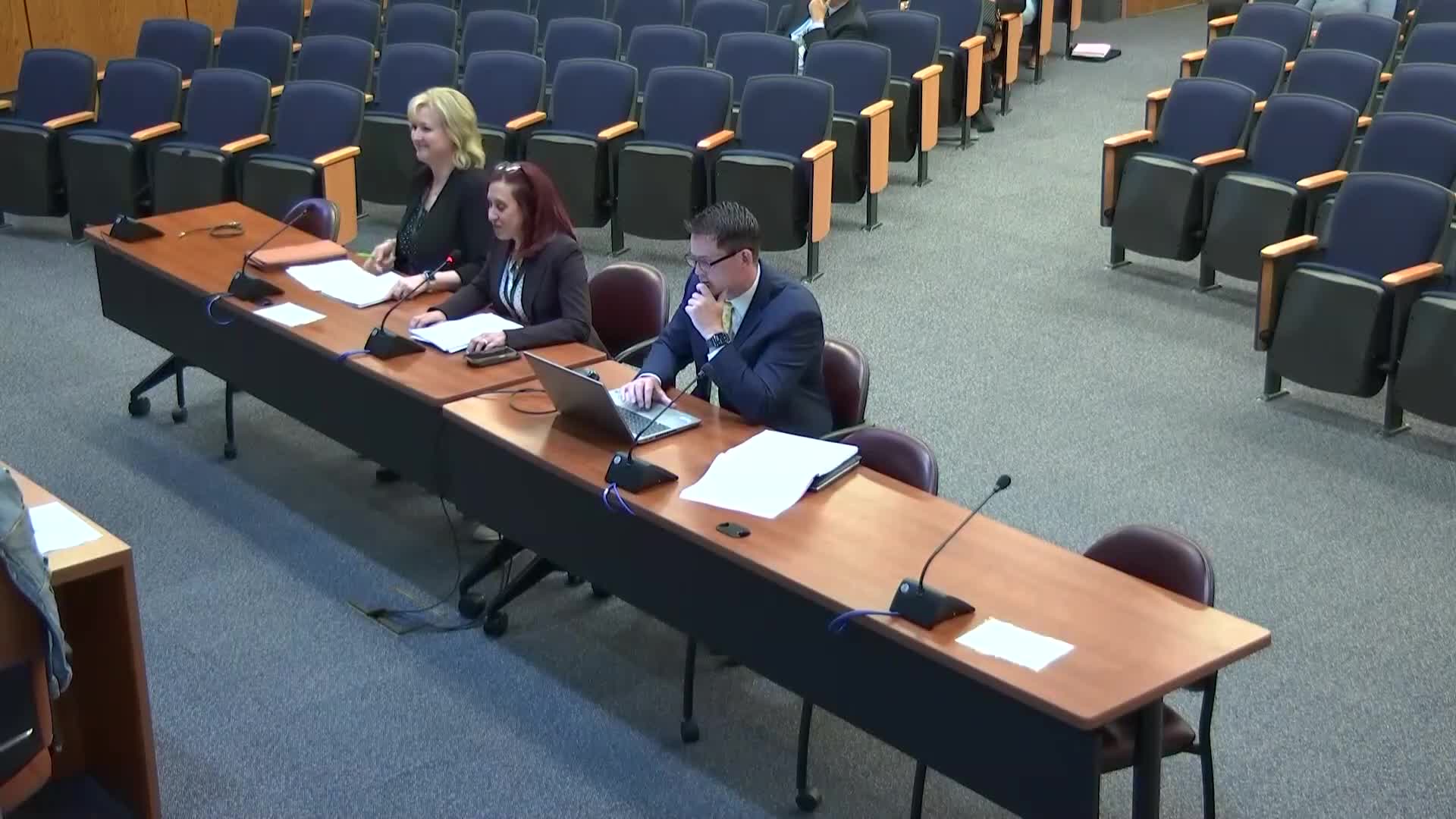Article not found
This article is no longer available. But don't worry—we've gathered other articles that discuss the same topic.
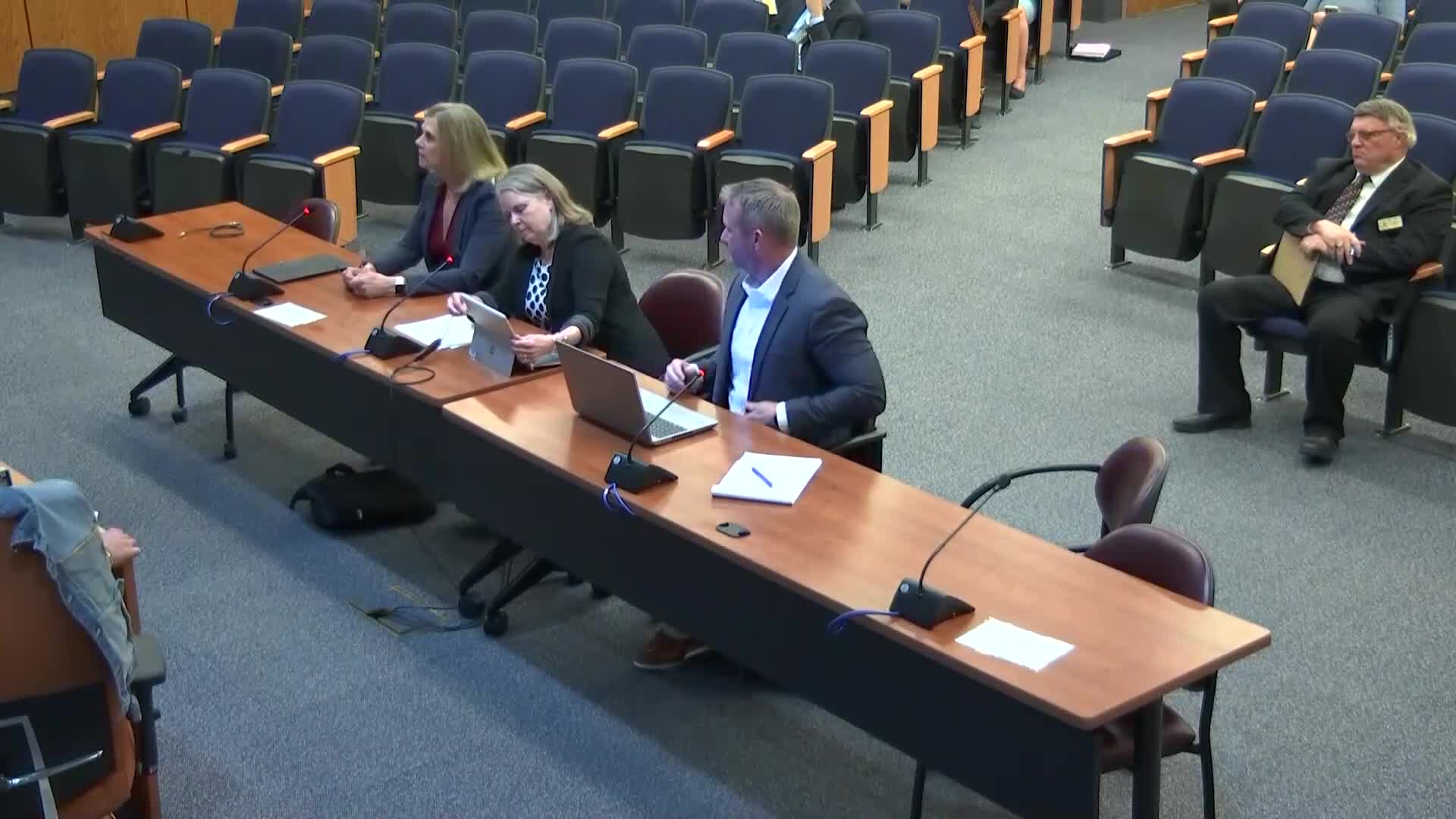
Anne Arundel State's Attorney highlights prosecutions, victim services funding and grant-supported advocates
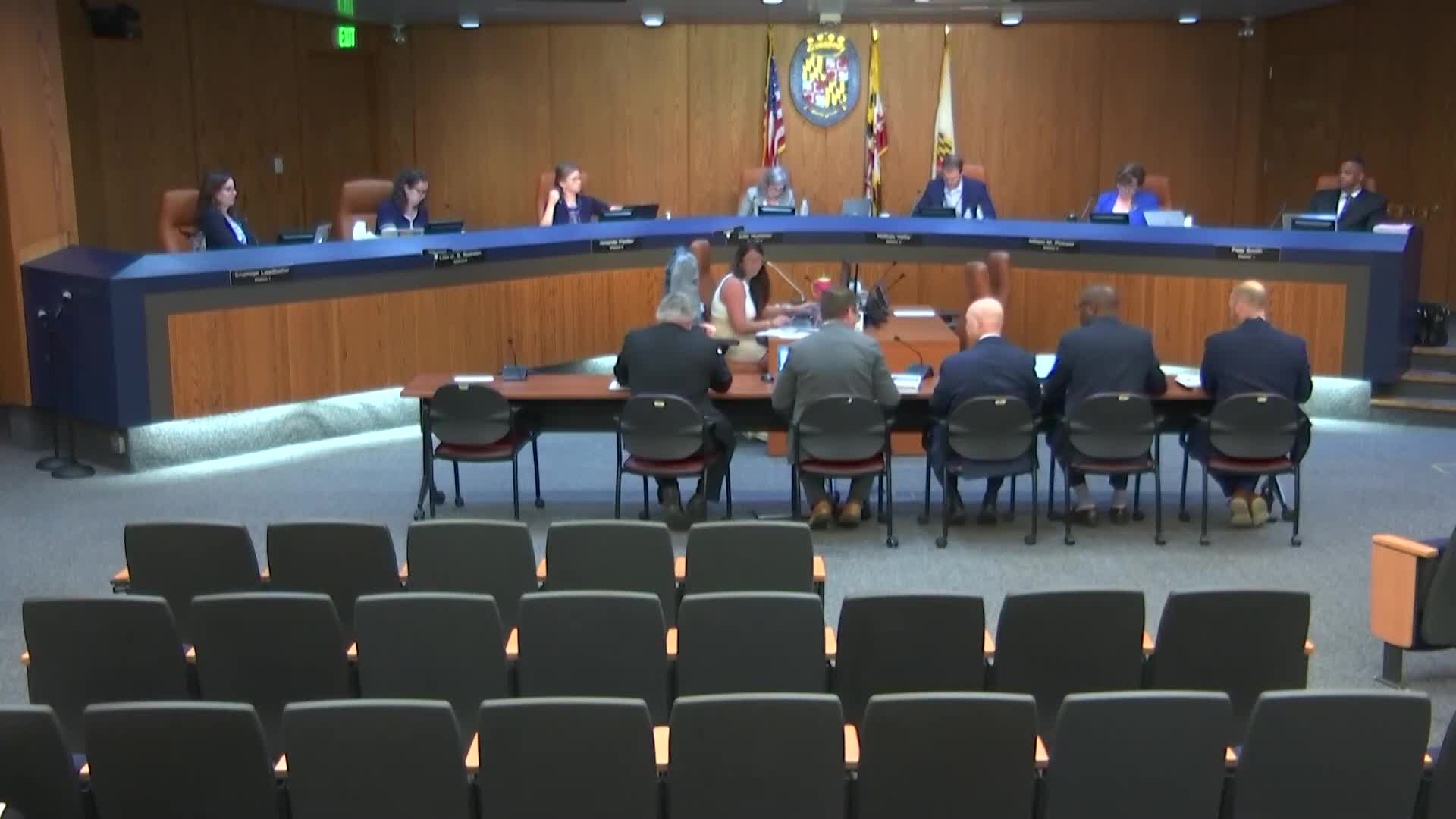
Board of Education cites student progress, seeks county and state support for staff pay, community schools and capital work
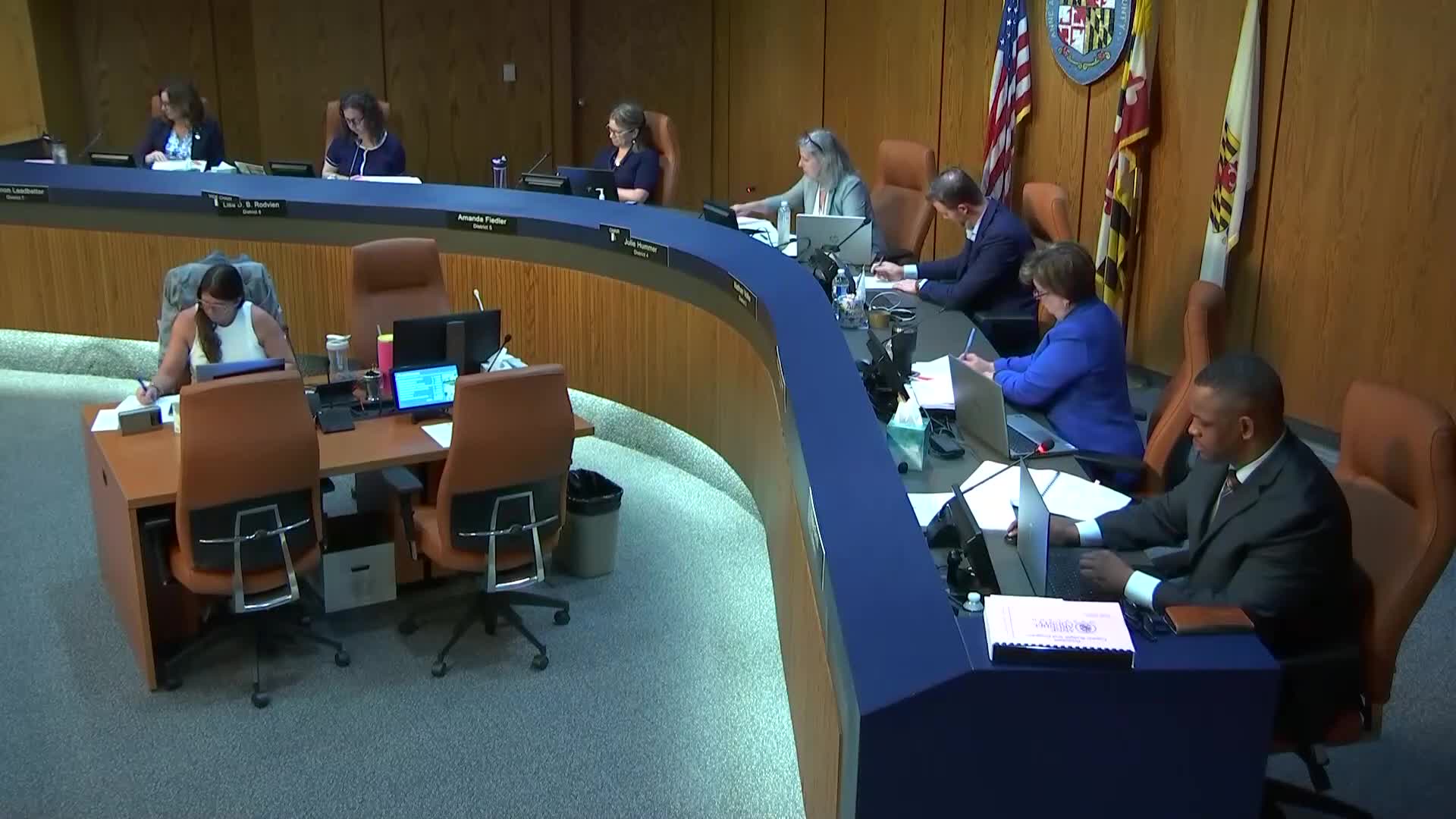
Anne Arundel libraries outline capital plan: Glen Burnie design, Brooklyn Park rebuild and temporary sites
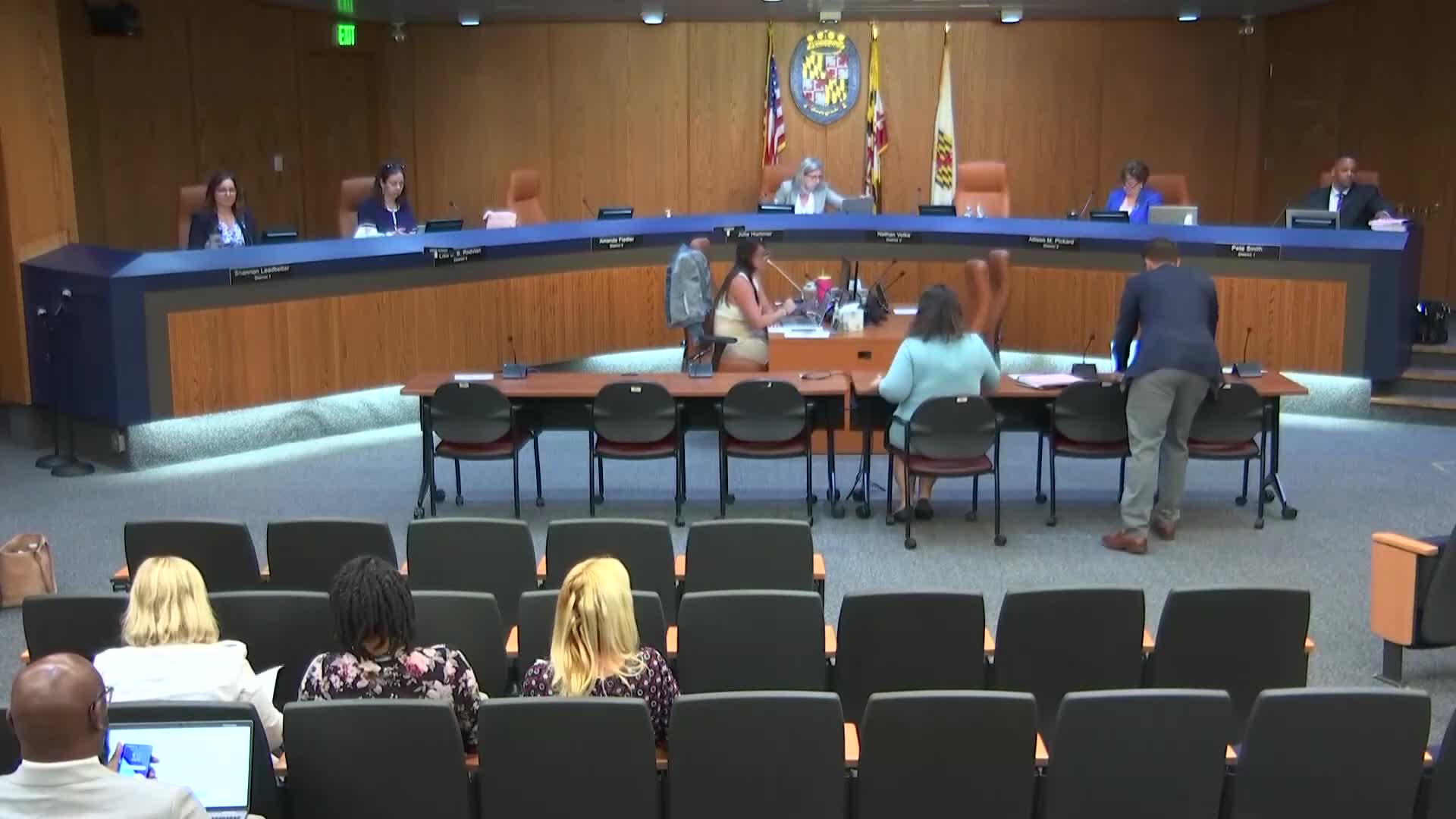
Anne Arundel CAO outlines operating budget increases, contingency and community grant plans
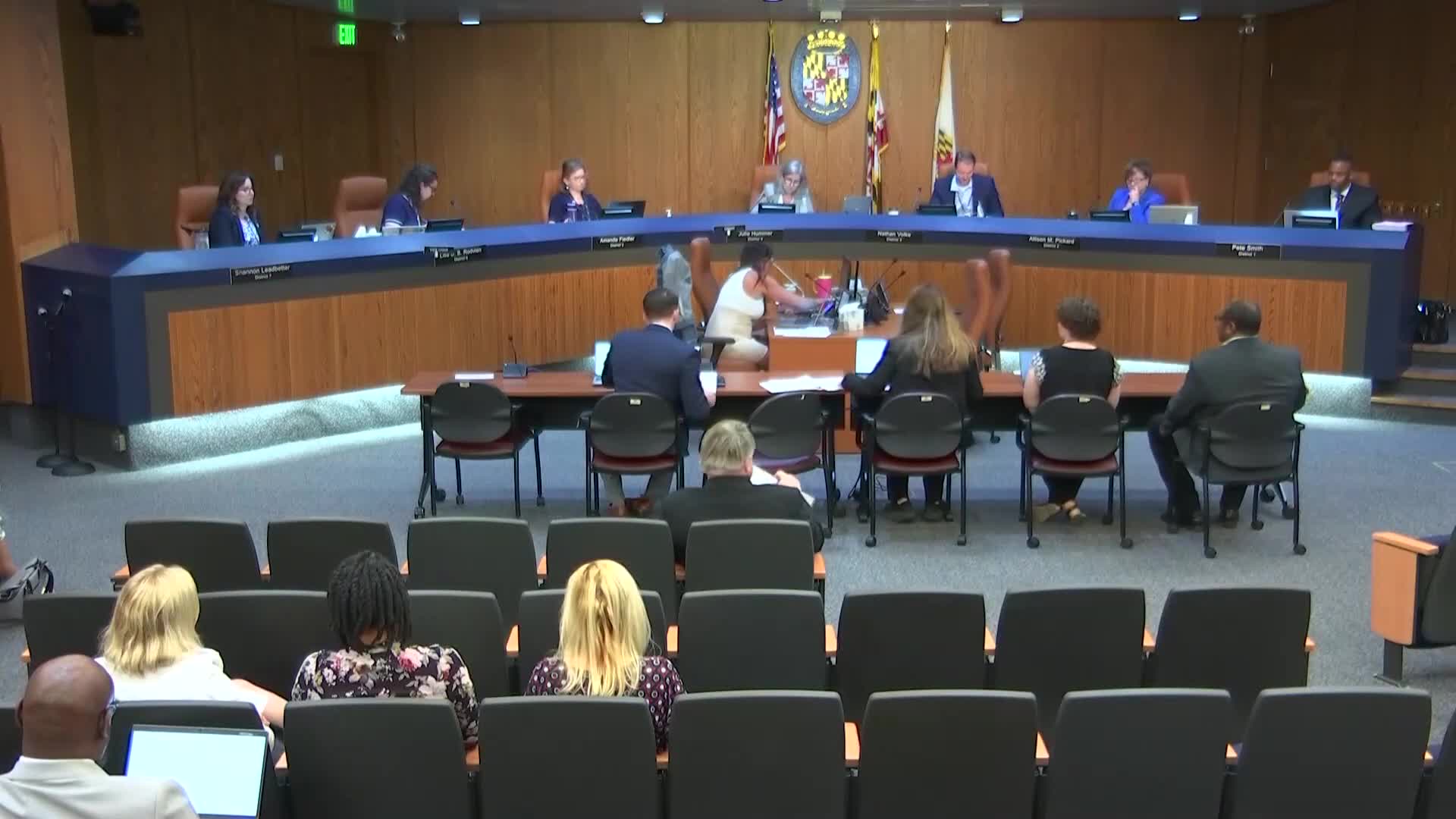
ACDS briefs council on nearly $12 million housing trust program, eviction prevention and federal grants
